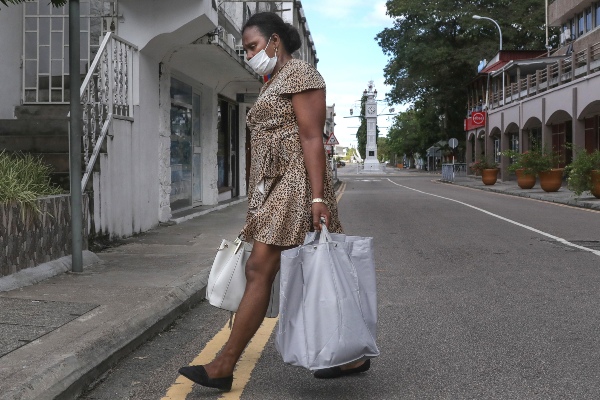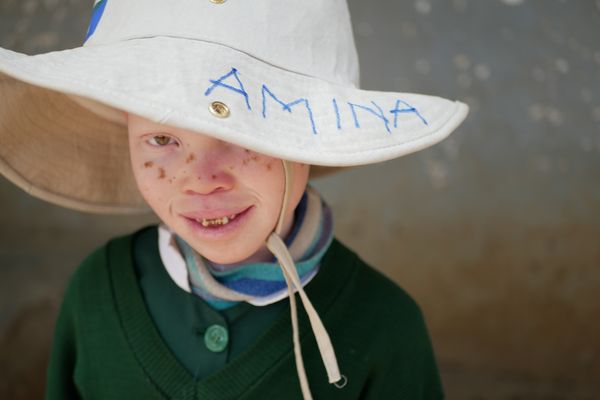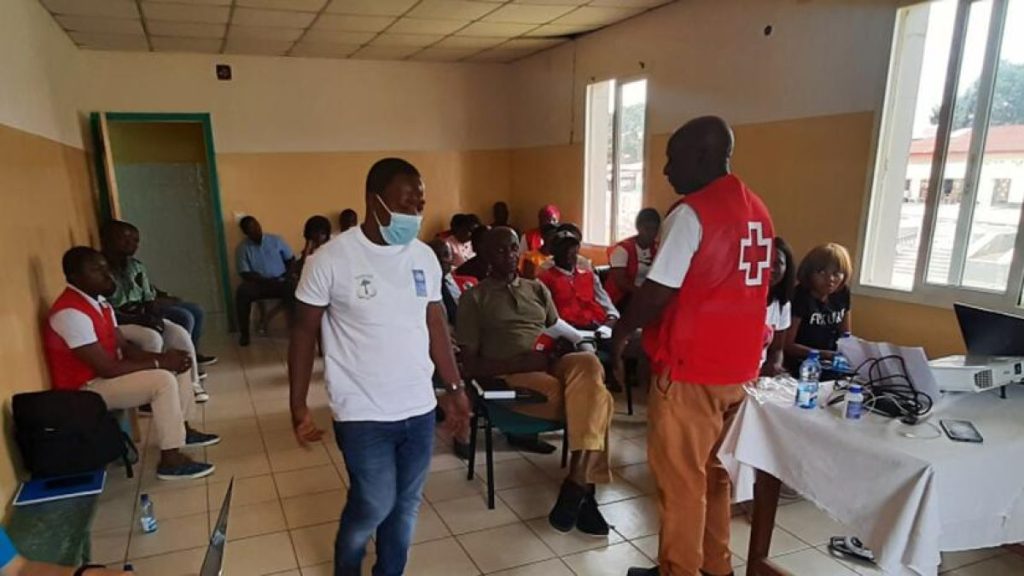On the sick list – Thousands of Nigerians every year travel abroad for medical treatment because of lack of healthcare at home. By Martins Azuwike
THE REPORT last month by the Indian High Commissioner to Nigeria, Ajjampur Ghanashyam, that stated 20,000 Nigerians visit his country every year in search of medical treatment clearly shows that lucrative opportunities in the healthcare sector are being lost to other countries through medical tourism. Back in 2009, it was revealed that the Indian High Commission in Nigeria issued 4,000 visas to Nigerians seeking medical treatment in Indian hospitals that year. As in the case of the country’s oil and gas industry, failure to establish and implement policies aimed at strengthening the health care sector has held it back.
“About 40,000 Nigerians go to India annually and 50 per cent of them go for medical reasons,” said Ghanashyam.
“The remaining 50 per cent go for tourism, business, training and as students. The rejection rate is very low – not more than 25 per cent.”
In 2012 when 38,000 visas were issued to Nigerians, 18,000 travelled for medical treatment, spending $260m, or $15,000 each. Open-heart surgery, renal transplants, brain surgery, cancer and eye treatment were the main treatments sought. India is the world’s third largest producer of pharmaceutical products by volume and the value of the country’s export to Nigeria was $307m as of March 31, 2012. To underline the ongoing trend of medical tourism, a Renub Research report puts Nigeria as among the top 63 countries in the world for it. Aside from India, other top medical tourist destinations include the UK, the US and countries in the Persian Gulf. In 2009, even President Yar’Adua turned his back on Nigeria and flew to Saudi Arabia for treatment and only returned home a few months later to die. There is a good reason for all this. Nigeria’s lacks a comprehensive public health service, with a dismal record of 0.4 physicians and 1.605 nursing and midwifery staff per 1,000 people. For pharmacists the figure is 0.095, and laboratory health workers 0.168. The results are damning. Chris Akani, a professor of obstetrics and gynaecology, and provost of the College of Health Sciences at the University of Port Harcourt, revealed that Nigeria accounted for 25 per cent of maternal, new born and child deaths in sub-Saharan Africa in 2014.
“Also, 4.7 million of the 4.9 million new born and child births per year occur in the region, with Nigeria accounting for significant percentage of this number,” he said.”
“The risk of a woman dying as a result of pregnancy or childbirth in Nigeria is about one in 15, as opposed to one in 5,000 in developed nations.”
Additionally, an estimated 52,900 women and estimated 250,000 newborn die from pregnancy-related complications annually.” Poor public health services and lack of access to medical care were the major contributors to these disturbing statistics.
“Government should also enforce due process on birth and death registration in all political wards, while strengthening emergency obstetrics services in communities,” said Akani. He added that the government should be more committed to the implementation of number four and five of the Millennium Development Goals (MDGs) which seek to reduce maternal mortality ratio and under-five mortality rates. Despite the huge opportunities offered by healthcare industry, only nine out of the 130 pharmaceutical companies in Africa’s largest economy are listed on the Nigerian Stock Exchange, according to Farouk Gumel, a partner with Price Water House Coopers Nigeria. The drugs most commonly produced in the country include anti-malaria medication, vaccines, antiretrovirals, antibiotics, and oncology and diabetic drugs.
“Nigeria has critically low levels of human and infrastructure resources for health care,” said Gumel pointing out that Nigeria possessed just five hospital beds for every 100,000 persons against the world median of 35 beds, South Africa’s 24, Algeria and Egypt’s 18.
“Pharmaceutical imports reached a value of $481m in 2013 and are expected to reach $789m by 2018, widening the country’s pharmaceutical trade deficit from 475million in 2013 to $778m in 2018,” he said. Spending statistics from the federal Ministry of Health reveals that households spend 69 per cent on healthcare, the federal government 12 per cent, the states 8 per cent, local government areas 4 per cent, development partners 4 per cent, and companies 3 per cent. Nigeria has 47 federal medical centres and university teaching hospitals to cater for the healthcare needs of its huge population, estimated to be 170 million. There are also 700 general hospitals, more than 1,700 maternity units and 4,500 health centres. Privately provided healthcare, which comprises both profit-seeking and faith-based and voluntary hospitals and clinics, accounts for at least 40 per cent of all facilities in the country. Although the private sector is growing, there are accusations that they offer poor quality services and are not value for money. They are most widely patronised in urban areas, though accurate data on them is usually difficult to collect. Ironically, while the health care system continues to be wanting, thousands of newly trained doctors, pharmacists and nurses often find it difficult to find work in Nigeria. As a result, many are forced to work abroad. In addition, a number of promising programmes designed to alleviate the problem have difficulty in getting off the ground. For example, the establishment of the American Hospital Limited (AHL) in Nigeria has been held up by red tape and political meddling for the past ten years, say those behind it. According to its promoter Dr Ifeanyi Obiakor, AHL aims to “ensure that Nigerians in particular, and sub-Saharan Africans in general, achieve and maintain high quality public health and longevity that is comparable to the best in the world”. He added that AHL would also serve to promote medical tourism in Nigeria from the rest of Africa and even Europe and America. Its target clientele are those very Nigerians who travel to India and other parts of the world for medical care. AHL also includes a medical training programme. However, the Ebola epidemic in parts of West Africa has highlighted the need for a public health service. Despite its limitations on the health front, Nigeria was able to mobilise its resources to successfully contain the disease, whereas in Liberia and Sierra Leone, where protracted civil wars hollowed out already thin-on-the-ground services, it ran rampant. It is in no one’s interest if only the well off receive treatment in an epidemic, say analysts. A number of states in Nigeria have made improved health delivery one of their top priorities, pouring money into new hospitals and clinics. In Akwa Ibom, for example, the 20th Anniversary Hospital is being constructed to provide quality healthcare for both indigenes and Nigerians at large.




